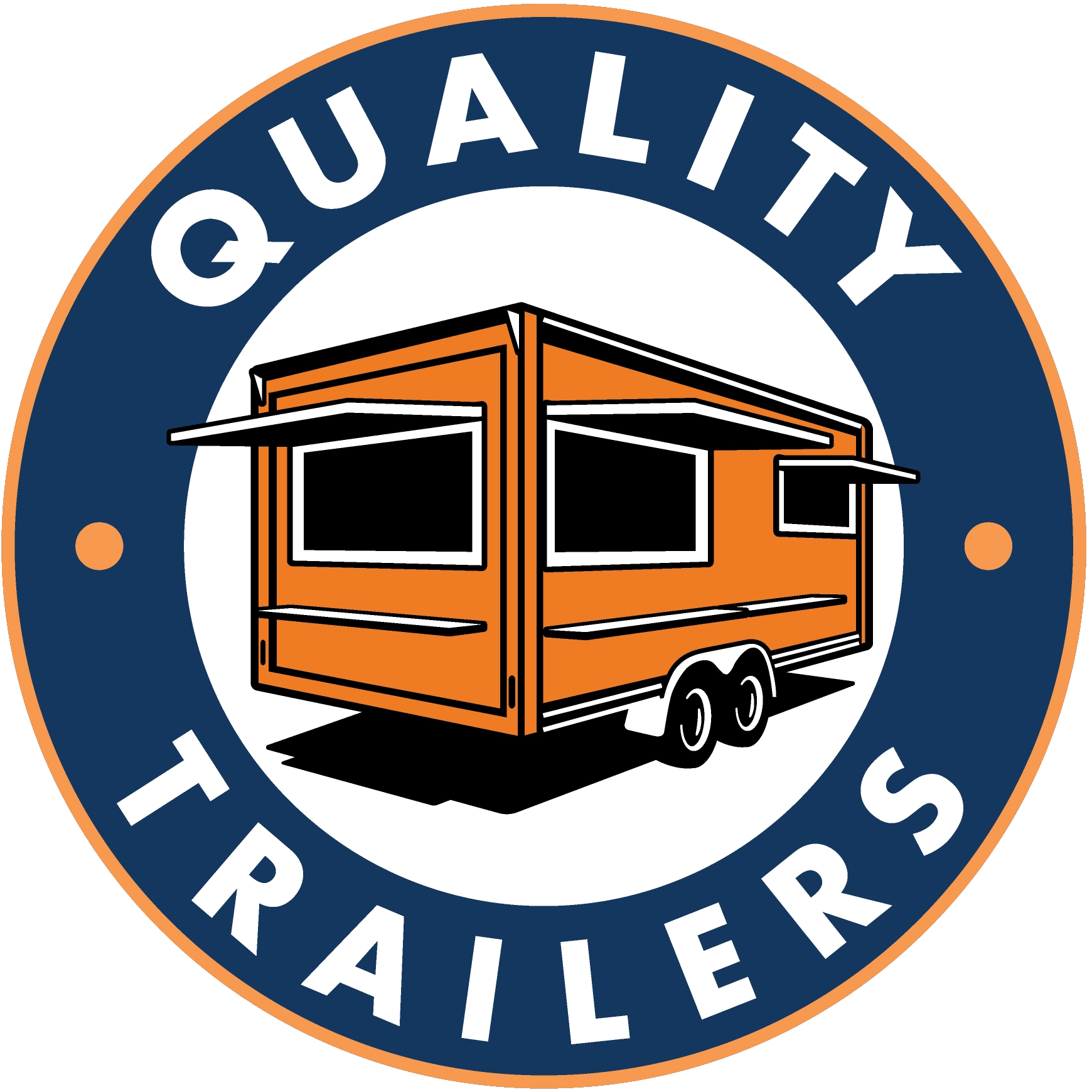How to Evaluate Food Trailers Manufacturers Before Purchase
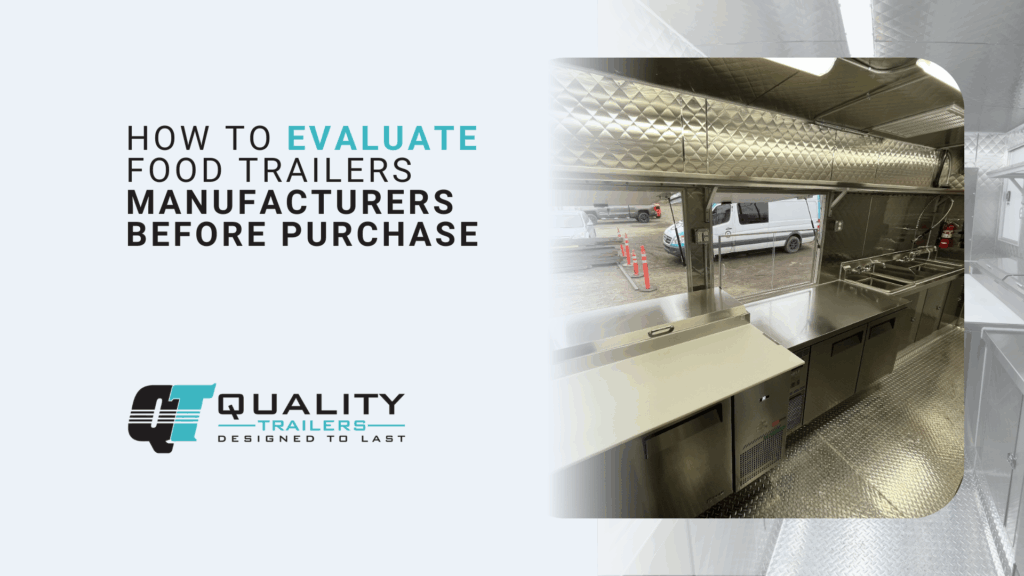
Selecting the right partner among food trailers manufacturers represents one of the most critical decisions in launching your mobile food business. This choice impacts not only your initial investment but also operational efficiency, long-term maintenance costs, and ultimately, your business success. A systematic evaluation process helps navigate the complex landscape of manufacturers, each claiming superiority […]
What Makes Food Truck Manufacturers Stand Out
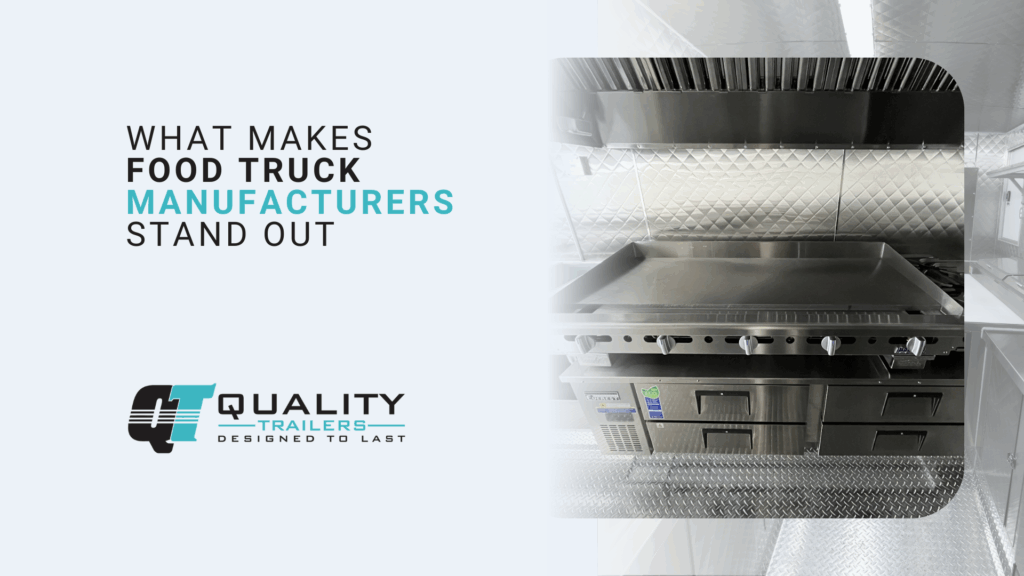
In the rapidly expanding mobile food industry, distinguishing between food truck manufacturers requires understanding the subtle yet crucial differences that separate exceptional builders from mediocre ones. While surface-level comparisons might focus on price and delivery times, the true differentiators run much deeper, encompassing everything from design philosophy to post-delivery support. These distinctions ultimately determine whether […]
Ultimate Guide to Food Trailer Manufacturer Certifications
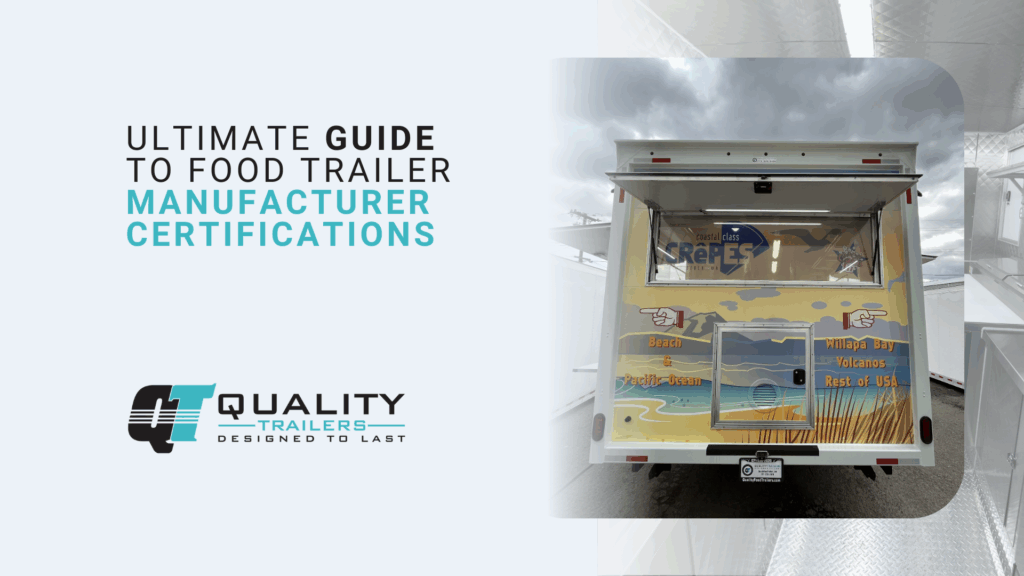
When investing in a mobile food business, choosing certified food trailer manufacturers makes the difference between smooth operations and costly compliance failures. The complex landscape of certifications, standards, and regulations can overwhelm new operators, yet understanding these credentials proves essential for making informed purchasing decisions. Certified manufacturers demonstrate commitment to quality, safety, and regulatory compliance […]
How to Design a Custom Concession Trailer for Maximum Profitability
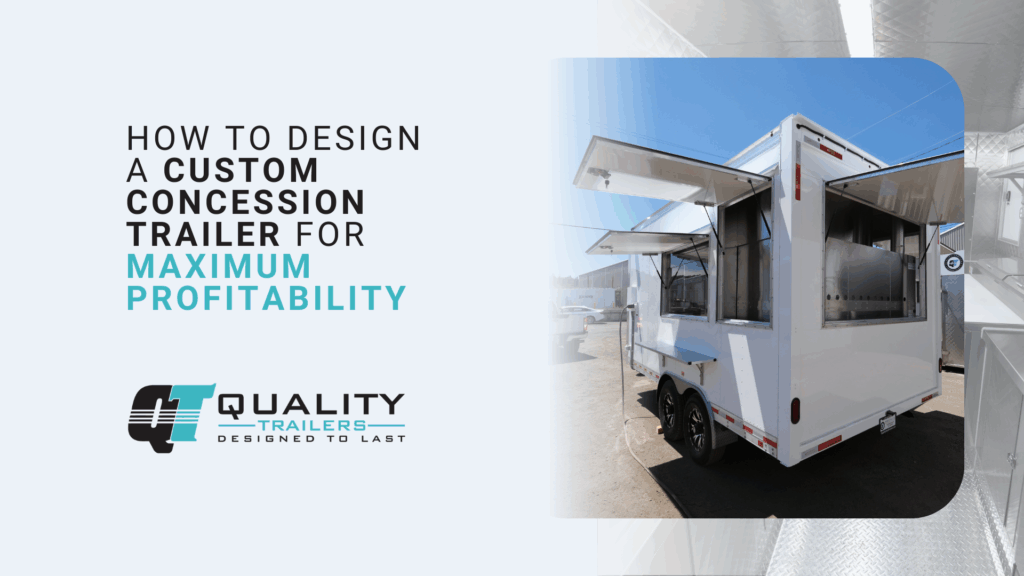
Creating a profitable custom concession trailer requires strategic planning that balances operational efficiency with customer appeal. The design decisions made during initial planning directly impact your ability to generate revenue, control costs, and scale operations. Every element from equipment placement to service window configuration affects your bottom line. Understanding how to optimize these design choices […]
Benefits of Investing in Custom Made Food Trailers
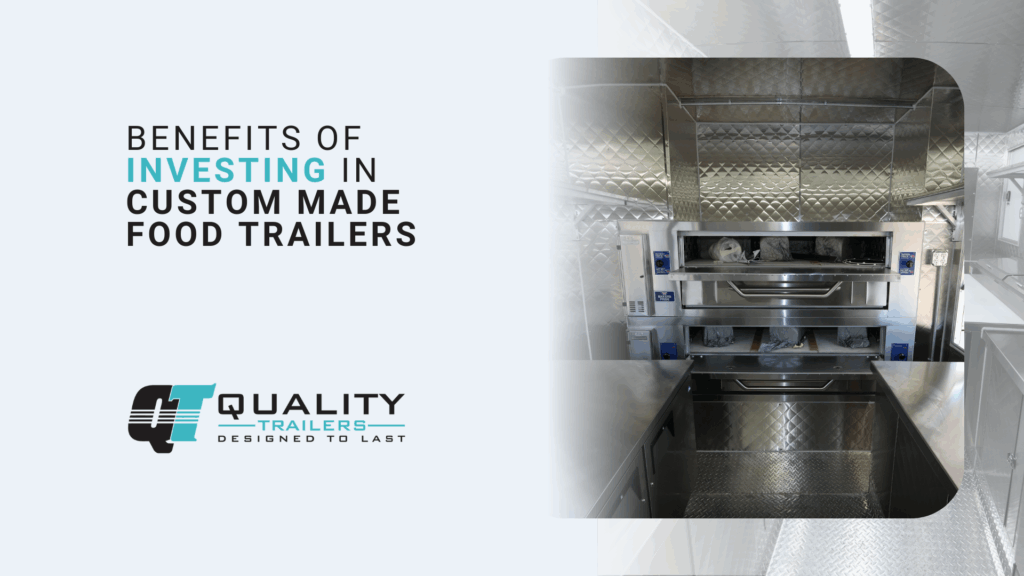
The decision between purchasing a standard food trailer and investing in custom made food trailers represents a pivotal choice that impacts every aspect of your mobile food business. While pre-built trailers offer quick availability and lower initial costs, custom solutions provide tailored functionality that can dramatically improve operational efficiency, brand recognition, and long-term profitability. Understanding […]
Legal Considerations for Food Trailer Customization
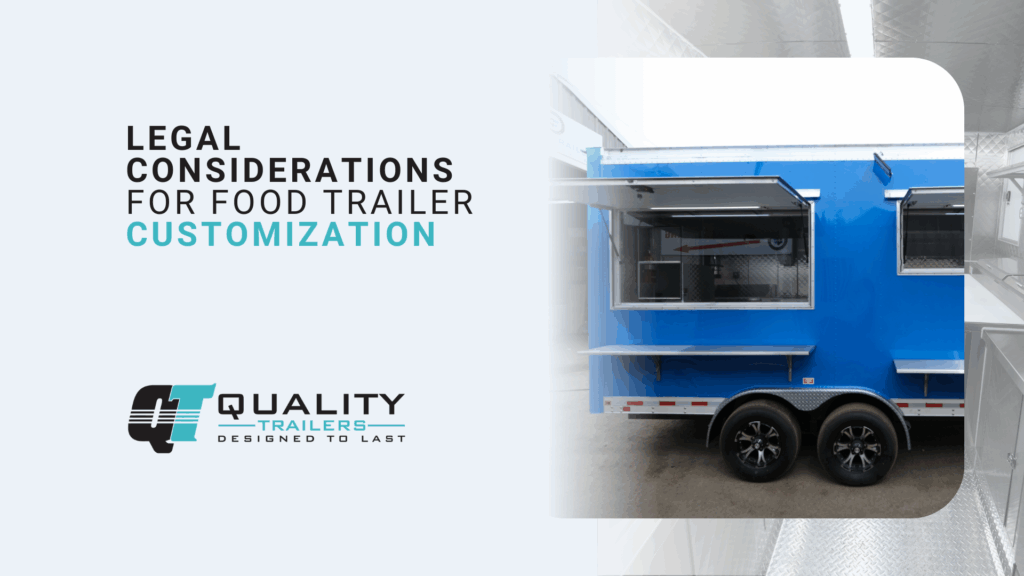
Navigating the legal landscape of food trailer customization requires understanding complex regulations that vary by jurisdiction and operational scope. Every food trailer custom build must comply with multiple layers of oversight, from federal food safety standards to local parking ordinances. These requirements significantly impact design decisions, equipment selection, and ultimately, your ability to operate profitably. […]
How to Choose the Right Food Trailer Manufacturer
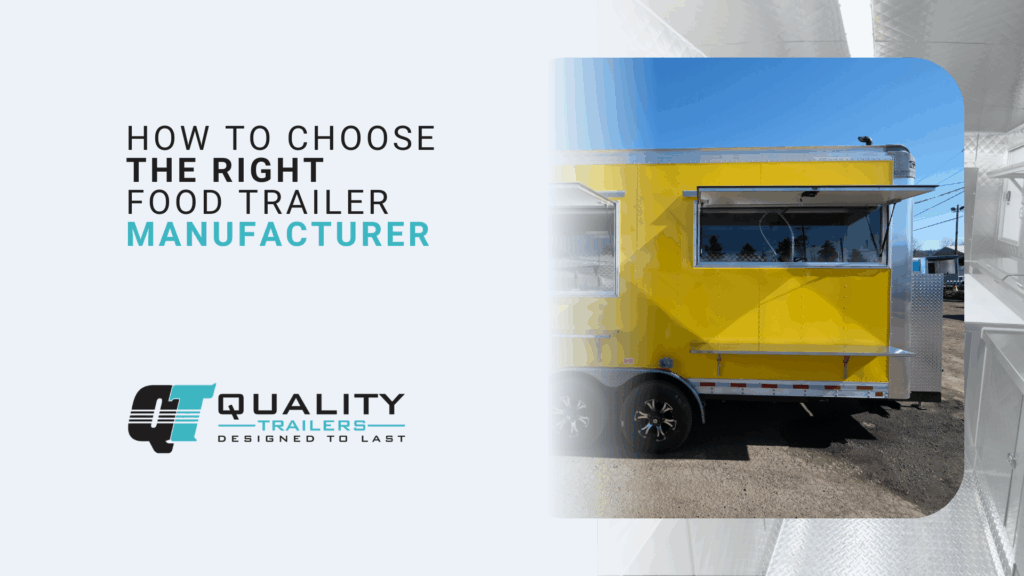
Selecting the right food trailer manufacturer represents one of the most critical decisions in launching your mobile food business. This choice impacts not only your initial investment but also your operational efficiency, long-term maintenance costs, and ultimately, your business success. The difference between partnering with an experienced, reputable manufacturer and choosing based solely on price […]
10 Most Profitable Custom Food Truck Concepts and Designs
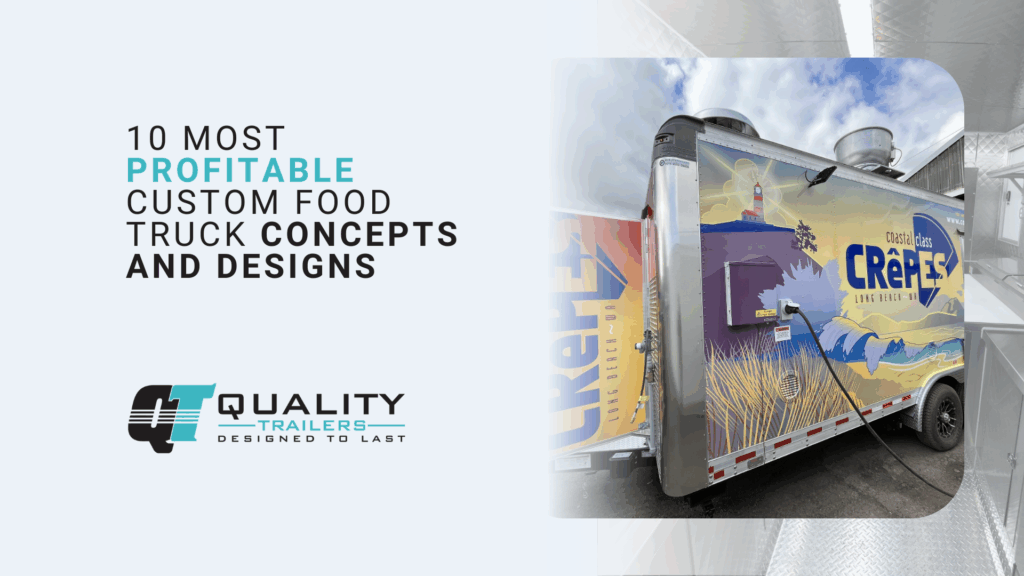
The mobile food industry has evolved dramatically over the past decade, transforming from simple lunch wagons into sophisticated culinary enterprises. Today’s custom built food trucks represent innovative business models that combine lower overhead costs with creative freedom, allowing entrepreneurs to test concepts and build loyal followings without traditional restaurant investments. Understanding which concepts generate the […]
How to Inspect a Food Trailer for Quality: Buyer’s Checklist
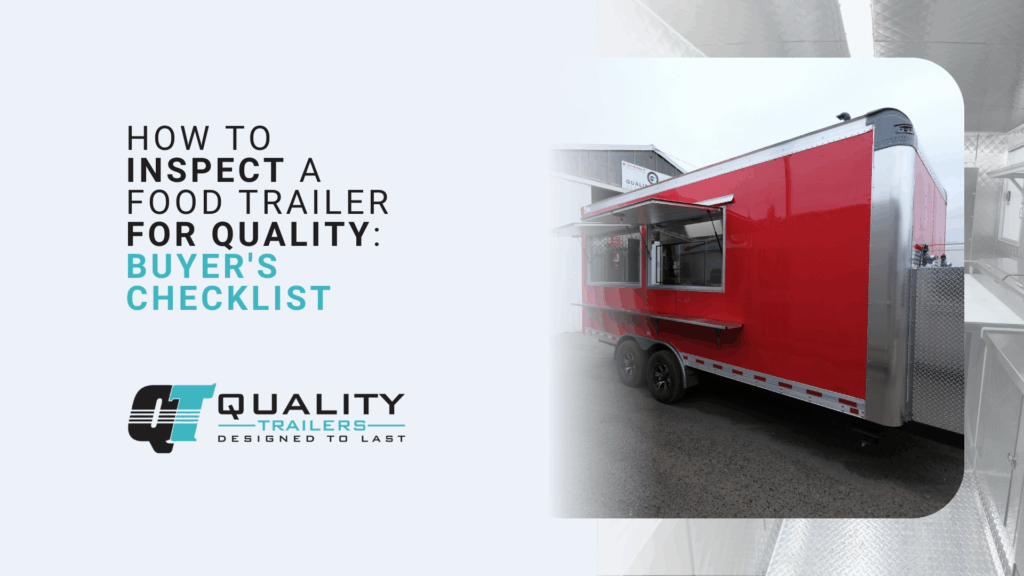
Investing in a food trailer represents a significant financial commitment and the foundation of your mobile food business. Whether you’re purchasing new or used equipment, conducting a thorough inspection before finalizing your purchase can save thousands of dollars in unexpected repairs and operational delays. A comprehensive trailer inspection guide ensures you make an informed decision […]
Custom Food Trailer vs. Food Truck: Which Is Right for Your Business?
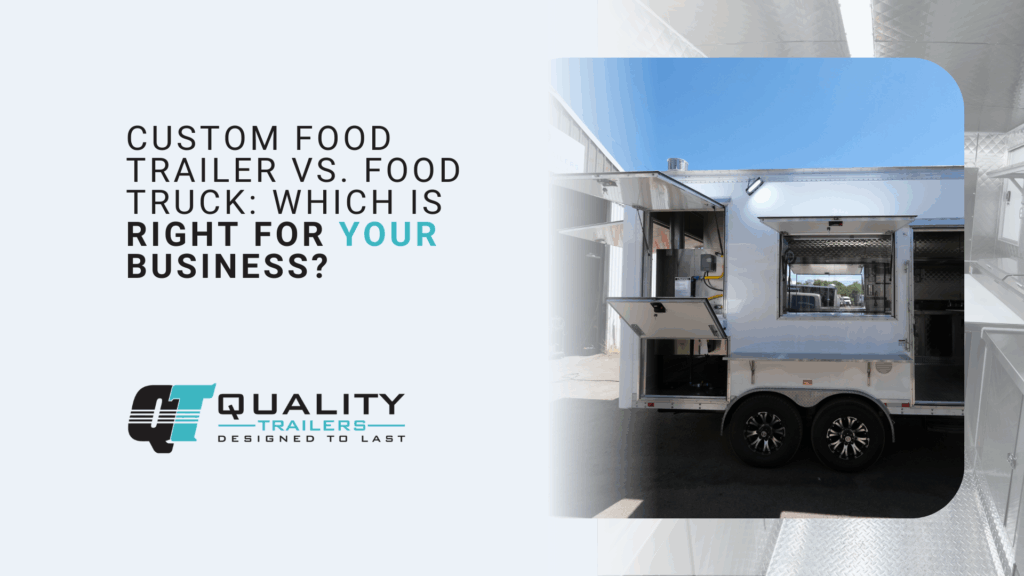
Starting a mobile food business requires making smart investment decisions from day one. The choice between a custom food trailer and a food truck will shape your entire operation, from startup costs to daily maintenance requirements. Understanding the key differences helps entrepreneurs make informed decisions that align with their budget, business goals, and operational preferences. […]
